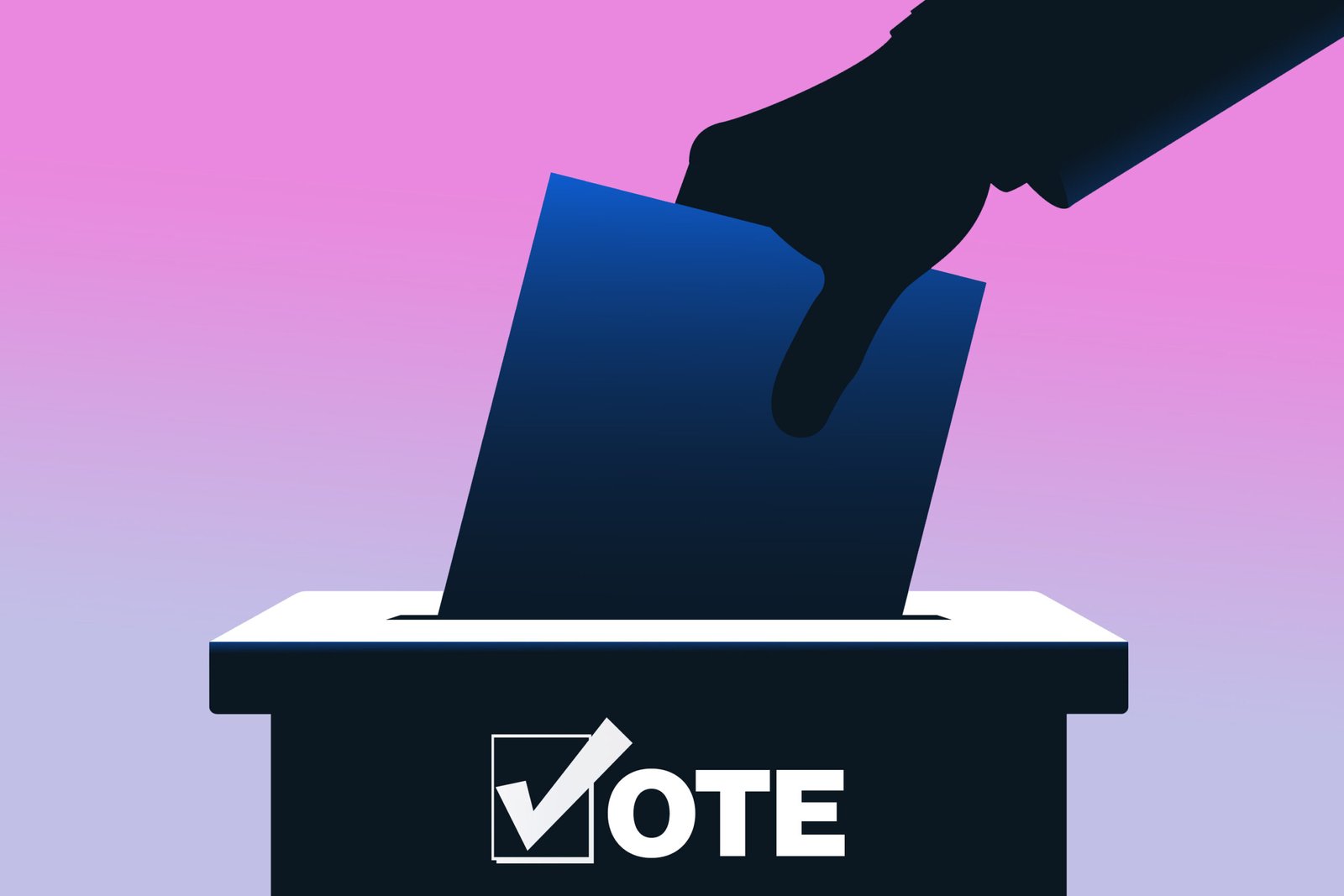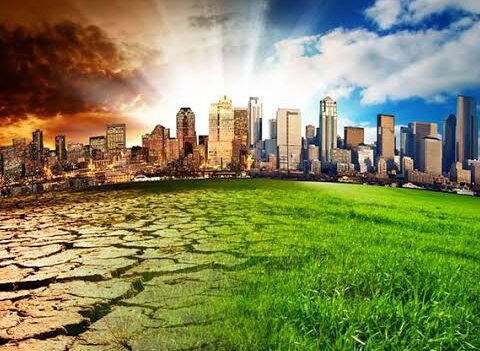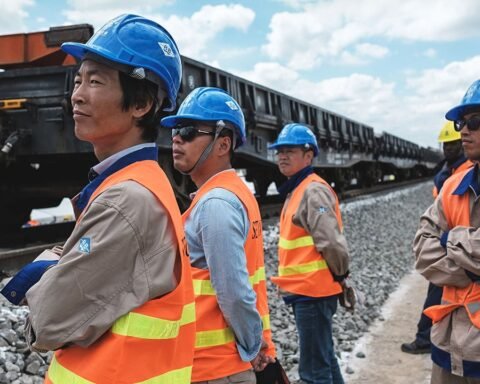As the country prepares for its upcoming general election, voices from all corners of society—political analysts, scholars, and ordinary citizens—are emphasizing that elections are far more than political rituals. They are essential mechanisms that shape the nation’s future.
Elections determine who will govern and influence key areas such as public policy, education, healthcare, infrastructure, and economic development. The leaders chosen through the ballot set national priorities, impacting millions of lives.
Experts stress that democracy is more than just the act of voting on election day—it is a continuous process requiring active civic engagement. Citizens, civil society organizations, and the media all have roles to play in ensuring accountability and transparency, holding leaders responsible for fulfilling their electoral promises.
During election campaigns, voters should closely examine candidates’ manifestos, which outline their proposed policies and development plans. Making informed decisions based on these documents helps strengthen the democratic process and builds trust between the government and its people.
Also Read; Central Bank Slashes Lending Rate to Spur Economy
Youth participation is especially crucial in shaping the future. Young voters bring energy and fresh perspectives on pressing challenges such as climate change, unemployment, and digital innovation. Their engagement ensures that the next generation’s concerns are heard and addressed.
Beyond politics, elections symbolize a nation’s commitment to good governance, rule of law, and social cohesion. They provide a peaceful avenue for expressing the public’s will and for resolving conflicts.
Ultimately, the impact of elections extends far beyond the ballot box. When voters, leaders, and institutions all play their part, elections can spark meaningful and lasting progress that benefits every citizen.







